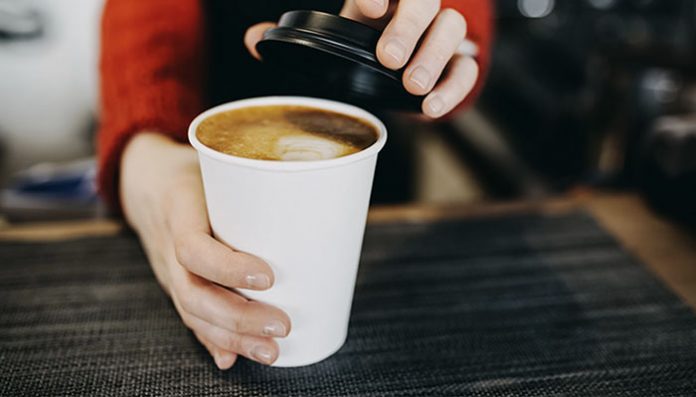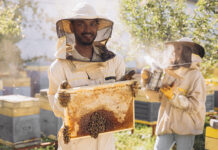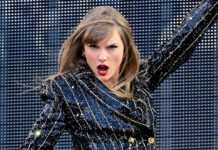
Consumers continue to seek optimum benefits from foods and beverages via biohacking — Bevnet reported in 2018 on 5.6% growth in the $13 billion USD energy drinks market, attributing part of that rise of functional “clean energy” RTD beverages containing nootropics, colloquially known as “smart drugs.” According to Bevnet, nootropics span a wide variety of natural and synthetic compounds and ingredients, including L-theanine, piracetam, GABA, Alpha GPC, acetyl-L-carnitine, and Rhodiola rosea, each of which may contribute wellness benefits, such as steady energy boost, stress relief, and alertness. The article profiles several companies—LifeAid, BrainJuice, Synapse—but notes that larger CPG brands have been taking a “wait and see” approach to more mainstream consumer interest, as brands build first within niche markets such as young professionals and college students.
Hartman Group Insight: Nootropics have been a common part of the biohacking community’s regimen for years, but it appears that as consumer demand for functional benefits grows, we may begin seeing more tailored, functional callouts relying on nootropic ingredients (see our interview with Bulletproof 360). Consumers are wanting beverage products that can provide more so-called “clean energy,” sans the jitteriness and crashes associated with coffee and standard energy drinks. While this demand appears promising, consumer trial and stickiness hinge on product efficacy and reassurances of safety. As such, the challenge for larger companies wishing to enter this space will be in delivering discernibly effective products that cue functional benefits, clean energy, and a degree of naturalness.
Source: www.hartman-group.com










